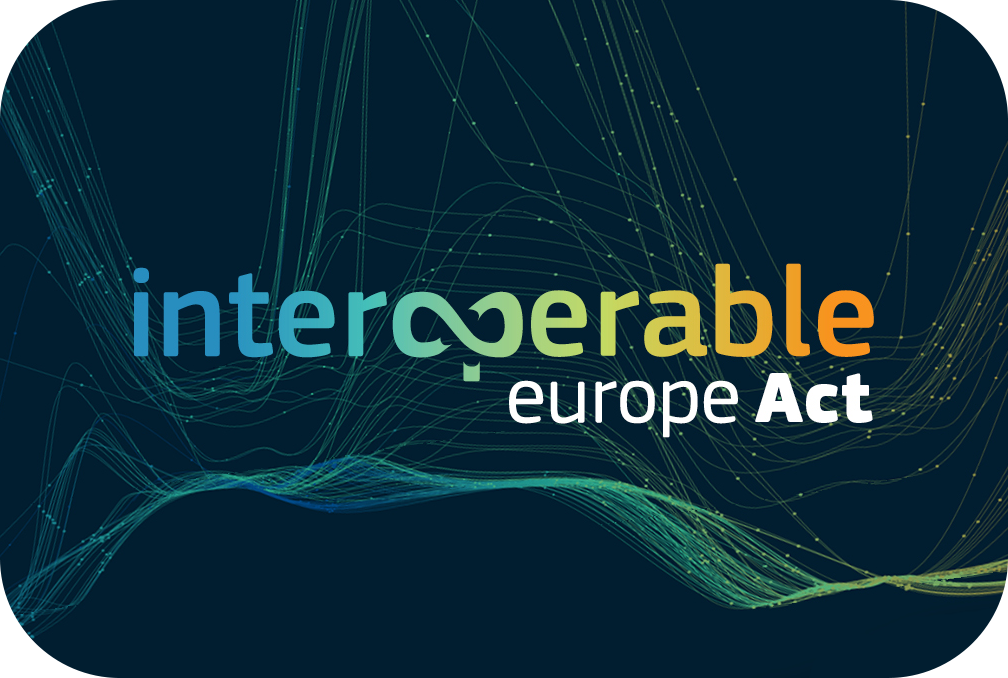One of the challenges lies in the fact that interoperability considerations are currently not sufficiently "wired into" new public services. Furthermore, digital matters are still too often addressed too late in the policy making process.
This situation results in unintended costly and time-consuming administrative burden for administrations, citizens and companies until this day.
The EU’s digital ambition for 2030, and the remaining gaps in the actual uptake and implementation of interoperability, have showed the necessity of creating a reinforced and more strategic interoperability policy with strengthened cooperation between the Member States and the EU Institutions on public sector interoperability.
The Road towards an Interoperable Europe
The Interoperable Europe Act aims to solve these challenges by creating the setup and tools for interoperability within public administrations on a Union-wide scale and remove the unnecessary legal, organisational, semantical and technical obstacles. This way, in analogy with trans-European Transport and Energy Networks, a "network of networks" of sovereign, interconnected public administrations (at all levels of government) across the EU will emerge.

To achieve this goal, the initiative proposes:
- A structured and co-owned EU cooperation on interoperability that brings together public administrations, supported by public and private actors.
- Mandatory interoperability assessments to evaluate the impact of changes in IT systems and related digital services.
- The share and reuse of interoperability solutions, powered by an ‘Interoperable Europe Portal’ – a one-stop-shop for solutions, and a community platform.
- Innovation and support measures, including regulatory sandboxes and GovTech cooperation, to promote policy experimentation, developing skills and the scaling up of interoperability solutions for reuse.
Win-win for all
EU Member States have stressed the need for strengthening the European interoperability cooperation. Among others, the ministerial declarations signed in 2017 in Tallinn and 2020 in Berlin attest to this urgency. Likewise, EU citizens from the Conference on the Future of Europe made the call to facilitate cross-border interoperability.
Facilitating public sector interoperability is a fundamental prerequisite for enhancing and completing all the existing facets of the Digital Single Market. Public administrations that cooperate cross border can become as interoperable as trains crossing borders, or energy flows between national networks. The road towards it provides important opportunities for public sector efficiency, economic growth, customer satisfaction and innovation. Several case studies also show that interoperability positively affects other public values , such as improving trust from citizens in their governments.

